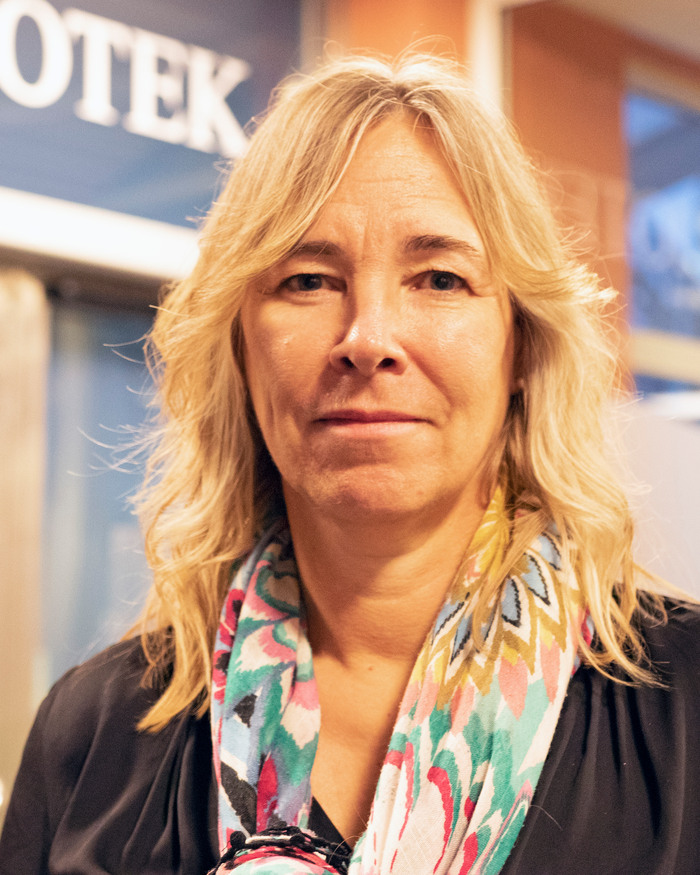The University Coordination Committe that work with issues related to the pandemic and with intelligence analysis has gathered questions and answers about what the University does when students or members of staff are diagnosed with COVID-19.
If someone is diagnosed with COVID-19, physicians and public health officials decide who the individual needs to notify. It is the individual who is responsible for informing people he or she has been in close contact with. The University will not make its own evaluations of such issues
If a student is diagnosed with COVID-19
If a student is diagnosed with COVID-19, the individual will be given specific instructions by his or her physician. If the University learns that several students in the same group have contracted COVID-19, the University will contact Region Gävleborg (the county medical officer) to receive advice concerning what measures to take. Region Gävleborg (the county medical officer) evaluates the situation and decides what measures need to be taken.
We will do everything we can to limit the spread of the virus
Our efforts to limit the spread of the virus continue. Hand sanitizers are available at entrances and other contact points like lifts, dining halls and the Student Centre.
All students and members of staff should stay at home if they have symptoms of an infection. If you suspect that you have indeed contracted COVID-19, you should contact your health care provider for testing. Contact 1177 to learn more.
Under the present circumstances, we face great challenges in managing the examination period, especially for written hall examinations on campus and examinations at another location. It is hard to find places where examinations can be held.






